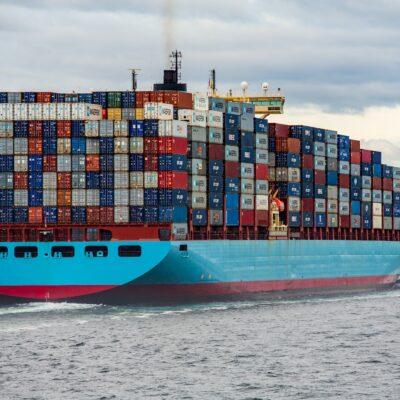
RECOMMENDED READING
A campaign is under way, led by officials in the Biden administration, to convince Americans that slashing tariffs on Chinese imports might offer relief from rapidly rising prices. That is not remotely the case — indeed, the argument is hard to deliver without a wry grin and a chuckle. But watch which economists embrace it, happy to use any pretext for advancing their underlying free-trade agenda. And watch which politicians, until now eager to win votes by talking tough on China, leap casually off that train and on to an inflation express running in the opposite direction.
The economic problem with pitching a tariff rollback as inflation response is two-fold. First, a tariff of any given size might affect the price level but it does nothing to the rate of change. A tariff imposed in 2018 could perhaps have caused a price increase in 2018, but it cannot bear responsibility for prices rising in 2022.
Likewise, a tariff eliminated in the second quarter of 2022 might cause a onetime downward shift in prices — say, an 8.8 per cent inflation print in the third quarter instead of 9 per cent — but it will not affect whatever combination of forces is driving inflation to begin with. If inflation the following quarter would have been headed towards 9 per cent with tariffs in place, it will still be heading towards 9 per cent with the tariffs gone.
Thus, a tariff reduction is not so much an inflation-fighting tool as an arbitrary subsidy offered on a particular category of goods. Policymakers could just as easily take the tariff revenue and pay it to the sellers of pitted fruits and haircuts, reducing the price of those goods.
Recommended Reading
Policy Brief: The Global Tariff
Levy a tariff on all imports that rises until trade is balanced
Critics Corner: Tax Foundation’s Erica York on Tariffs
On this episode of Critics Corner, Tax Foundation senior economist Erica York joins Oren Cass for a conversation about tariffs: who bears the cost, who benefits, and much more. Further Read more…
Why Trump Is Right About Tariffs
Taxing imported goods is unpopular with economists, but it could help the U.S. lower the trade deficit, strengthen its industrial base and safeguard national security.












